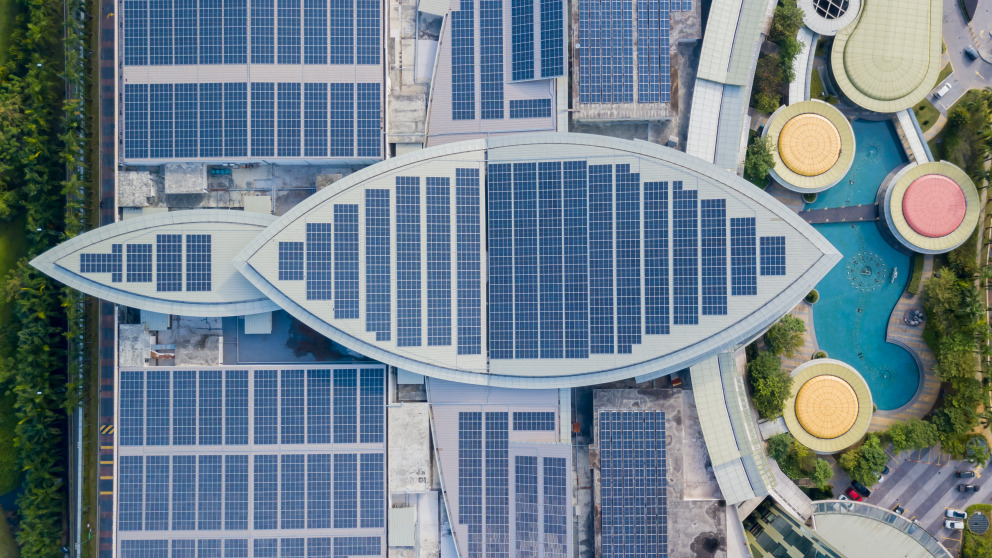Unlocking a Low-Carbon Future for Malaysia
01.11.2022
Malaysia has set ambitious targets to increase the share of renewable energy in its energy mix. However, despite the country's abundant solar, biomass, and hydro resources for clean energy production, a number of barriers are slowing the energy transition. A new IASS Policy Brief considers how improved competition, stakeholder participation, and targeted recovery packages could catalyse action for the energy transition in Malaysia.

With its economy heavily reliant on fossil fuels, Malaysia risks a carbon lock-in that would perpetuate existing path-dependencies. Government revenues derive to a large extent from fossil fuels and previous reforms to support the growth of renewables have been hampered by the fact that the state is both responsible for shaping energy policy and is also the largest stakeholder in Malaysia’s highly centralised fossil-based energy system. Structural changes in both the energy system and decision-making processes are needed to support a timely transition to a sustainable, low-carbon economy. Post-pandemic recovery packages and policy changes could lend momentum to this process if they are properly targeted.
In the IASS Policy Brief “Unlocking a Low-Carbon Future for Malaysia”, the authors draw on the findings of two stakeholder workshops with with participants from various sectors in Malaysia to make three recommendations:
1) Broaden the range of actors in the electricity sector
Efforts to liberalise Malaysia’s highly concentrated electricity sector, increase competition, and improve market efficiency should be strengthened. Existing reform plans should be extended to the areas of transmission and distribution.
2) Involve stakeholders in policy design processes
The government should facilitate the participation of stakeholders in all stages of the policy process by formalising participation processes and establishing permanent, independent bodies to vet government decisions as well as regular forums for stakeholder dialogue.The decentralisation of decision processes should be promoted.
3) Prioritise green growth in post-pandemic recovery programmes
Recovery programmes should prioritise investment in sustainable energy infrastructure, clean technology industries, capacity-building, and research and development. Targeted social investment is needed to cushion the social impacts of decarbonisation and harness co-benefits.
The policy brief was prepared by scientists from the IASS research group “Energy Transition and the Global South”, which investigates challenges faced by countries of the Global South in connection with global decarbonisation processes. Their research aims to develop recommendations for equitable forms of governance for energy transition processes in order to reconcile conflicting policy goals. In this process, local contexts and systemic risks due to a country’s positioning in the global economic system or lack of access to technologies and capital are further investigated. To identify policy options, the team worked closely with local stakeholders on select case studies and developed its recommendations through workshops with local experts and decision-makers. This policy brief is the first in a series presenting recommendations to advance energy transitions in Malaysia, Kenya, and Jordan.
Hermann, J., Apergi, M., Eicke, L., Goldthau, A., Kurniawan, J., Lima-de-Oliveira, R., Schuch, E., Weko, S. (2022): Unlocking a Low-Carbon Future for Malaysia. - IASS Policy Brief, 2022, 5.
https://doi.org/10.48481/iass.2022.041
